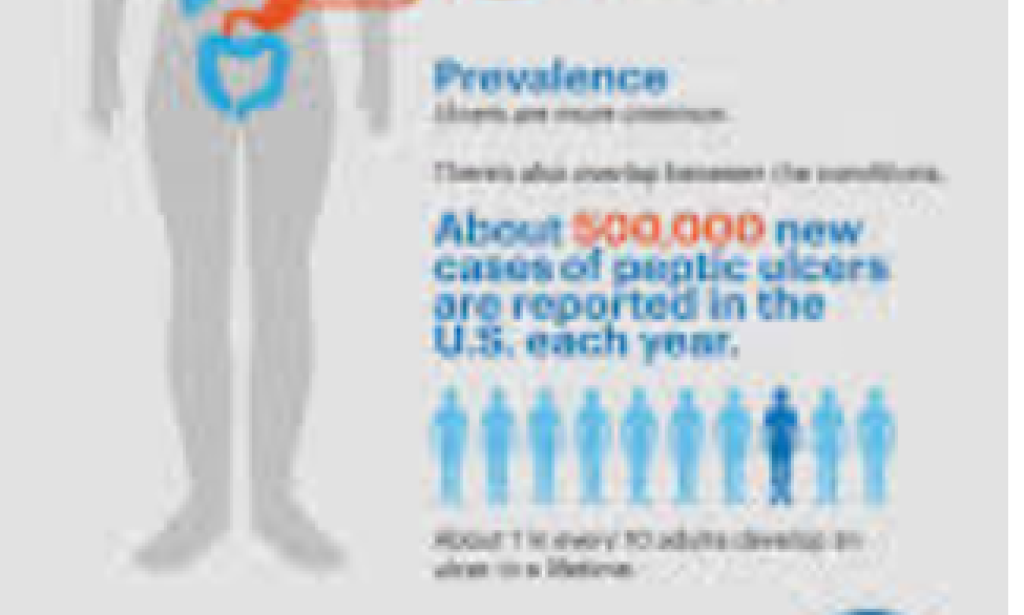Symptoms of stress-induced gastritis: cause and solution?
Stress-induced gastroritis?
In today's era, usually every person gets stress or anxietyproblemsm for some reaso.,Itt is considered normal to have all this for a few days, but chronic stress can cause many physical and psychologicalproblems, including a,including a chronicc stress stomach. And can be a cause or risk factor for many otherproblems,s along with stomach problemslike obesityy, high sugar, high blood pressure, insomnia, depression, weakening of the immune syste,d increased risk of infections, neurological weakness, bone and memory weakness,andr impotence. Allbecome,e etcc
Stress-induced gastroenteritis is also quite common nowadays, and many people do not even find a reason for indigestion and gastroenteritis, meaning that such patients have a negative H. pylori test and gastroscopy test, and this A patient suffering from a disease is behind the doctors for months and years, becauseThe doctor also can't find any gastroenteritis, and the other patient keeps changing doctors.
Gastrointestinal problems caused by stress or depression are also called non-ulcer dyspepsia.
Symptoms of stress-induced gastritis
Its symptoms may vary from patient to patient; some people may have more symptoms only during periods of tension or stress, while a patient may experience gastrointestinal symptoms at any time.
Common symptoms of stress-induced gastrointestinal disorders include:
1: Burning, pain in the chest, stomach, or abdomen
2: Bloating or gas problem,
3: Having indigestion and loss of appetite
4: Flatulence after eating
5: Being able to eat little food despite being very hungry
6: Cerebral pain and feeling like gas ascending in the mind
7: Vomiting and belching; sour belching
8: Feeling restless and weak
9: Bad mood,
In addition, patients may have symptoms of depression-anxiety such as difficulty sleeping or not getting deep sleep, irritability, hopelessness, despair, weight loss, delusions, health anxiety, considering oneself a victim of the most dangerous diseases, and living in fear, etc.
Chronic stress can also cause IBS, or colon or rectal problems, and IBS affects the colon. Common symptoms of IBS are frequent bowel movements after eating, loose motions, or constipation; sometimes constipation and sometimes motion; bloating or flatulence; abdominal pain and cramps; sometimes for a few days, sometimes for months; acidity; irritation; and due to this, blisters in the mouth and a lack of sexual desire may also occur.
Cause or risk factor of stress
The reason for this may vary from person to person, such as:
1: Environmental factors, such as experiencing a trauma, witnessing an accident, the death of a loved one, etc.
2: Having bad sleeping habits and using a mobile computer, laptop, or any screen frequently
3: Having any physical discomfort or pain, such as joint or muscle pain problems, back pain problems, pregnancy or menstrual problems in women, etc.
4: Having domestic, business, or financial problems
5: Genetic tendency: Some people are also prone to stress by inheritance, meaning they are suffering from stress by considering a small problem as a big problem.
(Many of our young people suffer from stress and tension due to bloating, discharge, or discharge.)
Diagnosis and treatment

Doctors diagnose stress-induced gastrointestinal problems clinically, that too after conducting some necessary tests, because the same gastrointestinal symptoms occur in dozens of other diseases, such as H. pylori infection, stomach ulcers, jaundice, and acid reflux. Reflex, wheat allergy, etc.
First, the patient is given antacid and PPI medications, and if a patient is not benefiting from gas and gastric capsules or has a high stress problem, then the patient may be given depression medications, as are those who experience hallucinations or psychosis. Antipsychotic medication can also be given, and stress can be reduced or controlled. Sessions can also be taken with a psychologist. And you should follow your doctor's advice and complete the treatment period.
Diet method for stomach problem
The patient should avoid anything or triggers that cause indigestion or stomach problems. For example, tension should be reduced, stress should be treated, and dietary restrictions such as cabbage, potatoes, rice, bean-based foods, starchy foods, tea, cold drinks, fast food, etc. should be avoided.
The remainder of the food ought to be eaten gradually, regardless of whether you eat 3 to 4 times each day, and bite the biting gum 50, 60 times, rest 2 hours subsequent to eating around evening time, and keep the load inside the breaking point and 30 day to day. The walk ought to be finished in minutes.





You must be logged in to post a comment.